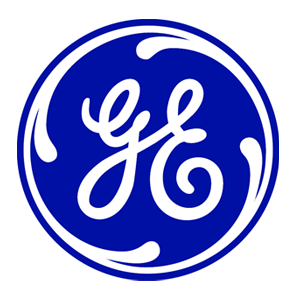A Woman's Work: Powering Up in the MENA Region
A Woman's Work: Powering Up in the MENA Region
GE sponsors the Women Powering Work program to bring about innovations for economic equality in the MENA region.
The Middle East and North Africa region represents a wildly diverse variety of cultures, customs, religions and political groups. And the relationships between these constructs and popular ideas about women's rights are similarly varied throughout different countries in the region. But while women in Bahrain, for example, are almost 40 percent of our workforce --they are entrepreneurs, business leaders, heads of civil society organizations and members of Parliament -- on the whole, only 25.2 percent of women in the MENA region participate in the labor market. This is about half of the global average, according to a World Bank report.
Unemployment rates are even more staggering; not only have they doubled for MENA women since 1985, but youth unemployment rates among women aged 15-24 are almost 50 percent, compared to 10 to 20 percent for males. And only 15 percent of 5,887 firms surveyed by the World Bank in 10 MENA countries between 2003 and 2010 were female owned.
But despite the challenges that women face in many parts of the MENA region to achieve full economic integration, there are solutions that are making headway. Here are a few important examples:
Who's Empowering MENA Women
- Public policy and advocacy for women's economic rights: The Tunisia-based Center of Arab Women for Training and Research (CAWTAR) was established 20 years ago as a center of academic research and field studies regarding the status of women. CAWTAR encourages policy dialogue about economic empowerment for Arab women, and implements various projects to enable and better equip women to participate in the economy.
Read more about the empowerment of MENA women via The Huffington Post

